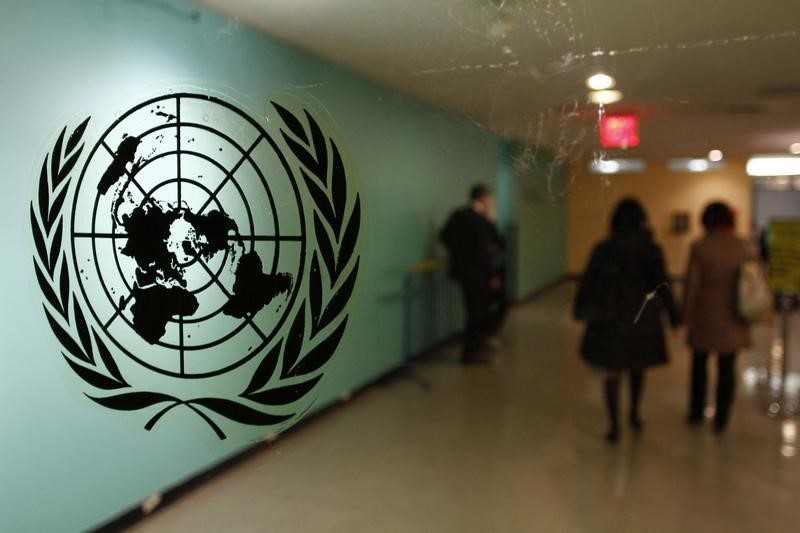OSLO (Reuters) – Seaweed farming needs tighter regulation to limit damage to the environment after booming into a $6.4 billion business with uses in everything from sushi to toothpaste, a United Nations study showed on Sunday.
Led by China, South Korea, Indonesia and the Philippines, seaweed’s surge in recent years has seemed environmentally friendly since it needs no fertilisers and has created both jobs and food in remote coastal areas of developing nations.
But emerging evidence shows that seaweed can sometimes cause harm and spread diseases and pests, the U.N. report said. One Asian seaweed brought to Hawaii has smothered some coral reefs by out-competing local plants.
“There’s very little regulation” in many nations, Elizabeth Cottier-Cook, lead author of the U.N. University study who also works at the Scottish Association for Marine Science, told Reuters.
“You can take a plant from the Philippines and plant it in East Africa. There are pests, there are pathogens that can go along with that plant. There is no quarantine,” she said.
A damaging bacterial disease known as ice-ice, for instance, has spread with a red seaweed from the Philippines and infected new farms in nations such as Mozambique and Tanzania.
Cuts in production caused by ice-ice caused losses estimated at $310 million in the Philippines alone from 2011 to 2013, according to the report.
Globally, about 27.3 million tonnes of farmed seaweed were produced in 2014, worth $6.4 billion and up from almost nothing in 1970, the U.N. University said.
Seaweed is used in foods such as soup, sushi wraps and spaghetti, as fertilisers and as feed for animals. Seaweed extracts are used in products from skin care to toothpaste.
The report urged governments to learn from the pitfalls of other aquaculture businesses.
A virus that infected farmed salmon in Norway in 1984, for instance, wiped out up to 80 percent of fish at some farms and led to tighter laws. A virus that harms shrimp has spurred some nations to ban imports from all but bio-secure hatcheries.
Nidhi Nagabhatla, an author at the U.N. University’s Canada-based Institute for Water, Environment and Health, said seaweed could have extra benefits such as helping combat global warming because plants soak up carbon dioxide from the atmosphere.
The report recommended measures such as seed banks to help preserve stocks, better monitoring for disease, long-term investments and perhaps government-sponsored insurance schemes in case of natural disasters such as typhoons.
(Reporting by Alister Doyle; editing by Mark Heinrich)
Copyright 2016 Thomson Reuters. Click for Restrictions.



